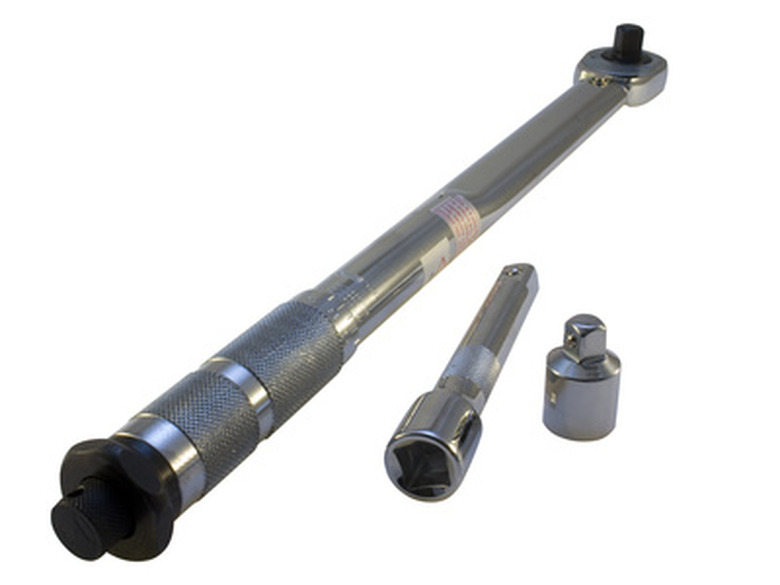How To Calculate Torque On A Shaft
All of physics is concerned with describing how objects move and how certain quantities they possess (e.g., energy, momentum) are exchanged with each other and the environment. Perhaps the most fundamental quantity governing motion is force, which is described by Newton's Laws.
When you envision forces, you probably imagine objects being pushed or pulled in a straight line. In fact, where you're first exposed to the concept of force in a physical science course, this is the kind of scenario you're presented with because it's the simplest.
But the physical laws governing rotational motion include a whole different set of variables and equations, even if the underlying principles are the same. One of these special quantities is torque, which often acts to rotate shafts in machines.
What is Force?
What is Force?
A force, put simply, is a push or pull. If the net effect of all forces acting on an object is not cancelled out, then that net force will cause the object to accelerate, or change its velocity.
Contrary, perhaps, to your own intuition as well as to the ideas of the ancient Greeks, force is not required to move an object at constant velocity, for acceleration is defined as the rate of change of velocity.
If a = 0, change in v = 0 and no force is needed in order for the object to keep moving, provided no other forces (including air drag or friction) act on it.
In a closed system, if the sum of all forces present is zero and the sum of all torques present is also zero, the system is considered to be in equilibrium, as nothing is compelling it to change its motion.
Torque Explained
Torque Explained
The rotational counterpart to force in physics is torque, represented by T.
Torque is a critical component of virtually every kind of engineering application imaginable; every machine that includes a rotating shaft includes a torque component, which accounts for almost the entire transportation world, along with farm equipment and much more in the industrial world.
The general formula for torque is given by
\(T = F × r × \sin θ\)
Where F is the force applied to a lever arm of length r at an angle θ . Since sin 0° = 0 and sin 90° = 1, you can see that torque is maximized when the force is applied perpendicularly to the lever. When you think about any experience with long wrenches you may have had, this probably makes intuitive sense.
- Torque has the same units as energy (the Newton-meter), but in the case of torque, this is never referred to as "Joules." And unlike energy, torque is a vector quantity.
Shaft Torque Formula
Shaft Torque Formula
To calculate shaft torque – for example, if you're looking for a camshaft torque formula – you first must specify the kind of shaft you are talking about.
This is because shafts that, for example, are hollowed out and contain all of their mass in a cylindrical ring behave differently than solid shafts of the same diameter.
For torsion on both hollow or solid shafts, a quantity called shear stress, represented by τ (the Greek letter tau), comes into play. Also, the polar moment of inertia of an area, J, a quantity rather like mass in rotational problems, enters the mix and is specific for shaft configuration.
The general formula for torque on a shaft is:
\(T = τ × \frac{J}{r}\)
where r is the length and direction of the lever arm. For a solid shaft, J has the value of (π/2)r4.
For a hollowed-out shaft, J instead is (π/2)(ro4 – ri4), where ro and ro are the outer and inner radii of the shaft (the solid portion exterior to the empty cylinder).
Cite This Article
MLA
Beck, Kevin. "How To Calculate Torque On A Shaft" sciencing.com, https://www.sciencing.com/calculate-torque-shaft-6296050/. 21 December 2020.
APA
Beck, Kevin. (2020, December 21). How To Calculate Torque On A Shaft. sciencing.com. Retrieved from https://www.sciencing.com/calculate-torque-shaft-6296050/
Chicago
Beck, Kevin. How To Calculate Torque On A Shaft last modified August 30, 2022. https://www.sciencing.com/calculate-torque-shaft-6296050/
